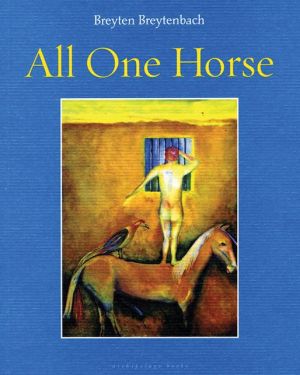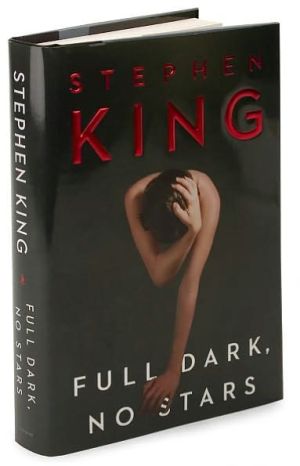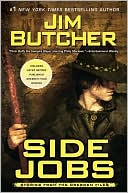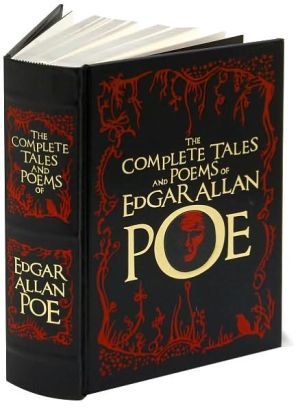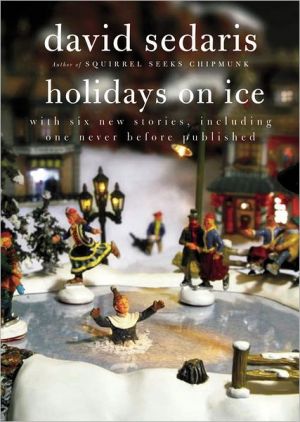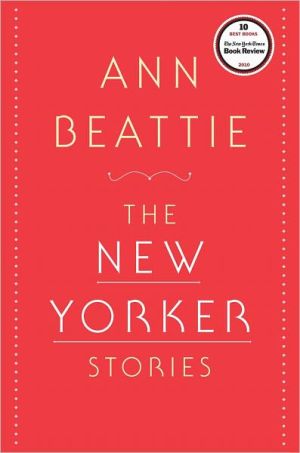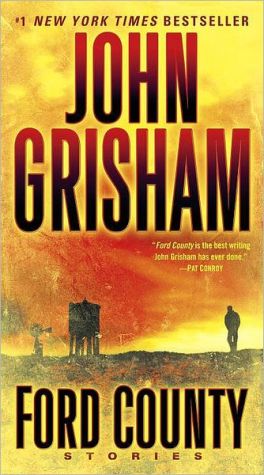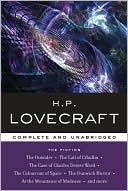All One Horse
“It is impossible to stop our ears against the excruciating power of what Breytenbach has to say.”Nadine Gordimer\ “Obviously the greatest Afrikaner poet of this generation. . . . No one elevated the Boer language to such pure beauty and no one wielded it so devastatingly against the apartheid regime as its exiled poet Breyten Breytenbach.”The New Yorker\ All One Horse is a moving and haunting journey through Breyten Breytenbach’s kaleidoscopic imagination. His surreal and psychically...
Search in google:
Bitesize (yet with plenty to digest) lyrical, philosophical, provocative prose pieces with Breytenbach's original paintings.Publishers WeeklySouth African poet Breytenbach (True Confessions of an Albino Terrorist) offers a dreamy take on the artistic impulse in these 27 short prose fictions. Many are slyly couched as fables; each has a facing page watercolor in Breytenbach's own hand. The poet's role-as the book's consistent speaker notes in "This Unmemorable Memory Exists!"-is like that of a tree: to create a space, to consecrate absence, to be "a place where oblivion could be predicated and practiced endlessly." In "Between the Legs," the narrator finds "God is Word or Flesh or some such"; repeatedly uses the Holocaust codeword Sonderbehandlüng(it's not translated, but it means "special handling"); and ends by noting "God 'is a Brazilian'." Near book's end, in "Bathed in Tears," the speaker confronts an imposter brother-who may be a symbol of artistic fraudulence-with a knife and tries to skin his hands. Surreal and opaque, Breytenbach's self-described "minor" squibs on where art comes from (written in the mid-1980s and seeing their first U.S. publication) are equal parts violence and whimsy. (Sept.)Copyright © Reed Business Information, a division of Reed Elsevier Inc. All rights reserved.
\ Publishers WeeklySouth African poet Breytenbach (True Confessions of an Albino Terrorist) offers a dreamy take on the artistic impulse in these 27 short prose fictions. Many are slyly couched as fables; each has a facing page watercolor in Breytenbach's own hand. The poet's role-as the book's consistent speaker notes in "This Unmemorable Memory Exists!"-is like that of a tree: to create a space, to consecrate absence, to be "a place where oblivion could be predicated and practiced endlessly." In "Between the Legs," the narrator finds "God is Word or Flesh or some such"; repeatedly uses the Holocaust codeword Sonderbehandlüng(it's not translated, but it means "special handling"); and ends by noting "God 'is a Brazilian'." Near book's end, in "Bathed in Tears," the speaker confronts an imposter brother-who may be a symbol of artistic fraudulence-with a knife and tries to skin his hands. Surreal and opaque, Breytenbach's self-described "minor" squibs on where art comes from (written in the mid-1980s and seeing their first U.S. publication) are equal parts violence and whimsy. (Sept.)\ Copyright © Reed Business Information, a division of Reed Elsevier Inc. All rights reserved.\ \ \ \ \ Library JournalBreytenbach is renowned both as an outstanding poet and essayist and as a leading Afrikaner opponent of the apartheid movement. The 27 snippets collected here rarely contain much in the way of character, dialog, or plot; often seem like surreal essays; and sometimes read like poetry. While some pieces are overtly political, most are philosophical explorations of the human imagination. They are accompanied by 27 watercolors by Breytenbach, some reminiscent of Chagall or Gauguin, which are every bit as surreal as the "stories." They are captivating in and of themselves but do not seem to have much relation to the texts. While this collection may attract a small cult of sophisticated readers, most libraries would be better advised to purchase Breytenbach's poetry or essays, such as True Confessions of an Albino Terrorist (1984) or The Memory of Birds in Time of Revolution (1996). Recommended for larger academic and public libraries and especially for Afrikaner collections.\ —Jim Dwyer\ \ \
